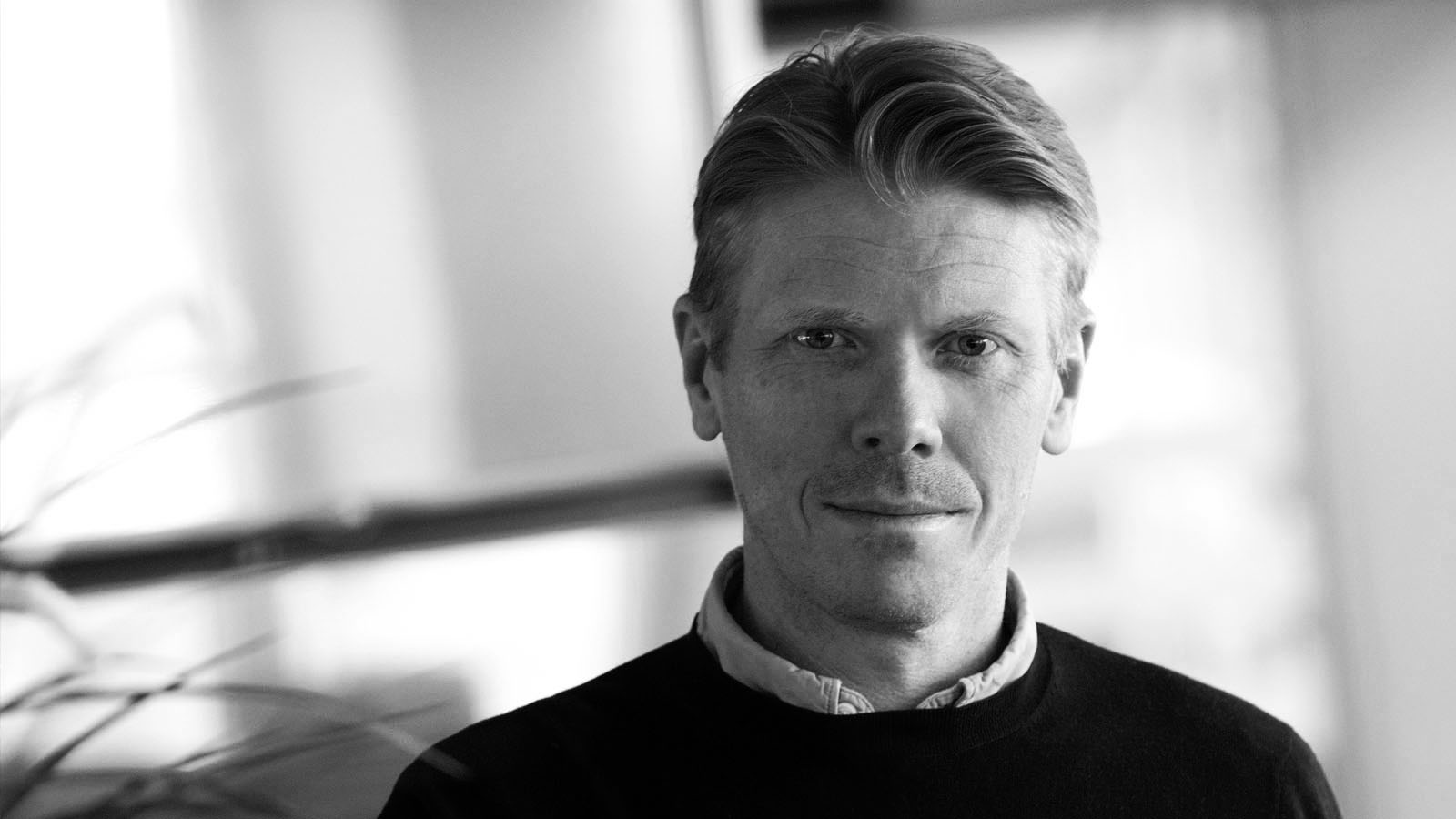Focusing on climate impact
16 August 2021 / Article
16 August 2021 / Article

Jakob Tapper, Iver’s Sustainability Director, talks about Iver’s sustainability work and the current focus areas.
What has been the focus of Iver’s sustainability work in 2020?
“Our work has been characterised by the fact that more and more people are realising that we – and everyone else – must start delivering results in the sustainability sphere in general and in the work with climate challenges in particular. Our focus on our impact on and our responsibility to the environment, the economy, and society as a whole is something we will never lose sight of, but right now, the climate issue feels more important than ever before. The biggest threat right now is global warming, and the latter half of 2020 saw us put a lot of work into calculating our total climate impact, including the entire supply chain.”
Why is it important for us to keep an eye on our climate impact?
“Firstly, because we really want to shoulder our share of the responsibility. But there are also, over and above the responsibility issue, regulatory requirements that will become more stringent going forward. There is also a strong trend towards investors and other financial operators making demands of the companies in which they invest, and they, in turn, are subject to demands that they invest sustainably. Then, of course, there are the demands of clients and the market. Our clients are increasingly demanding data that shows the climate impact of the services they buy from us.”
Are there any difficulties involved in calculating the total climate impact of a company like Iver?
“My perception, at present, is that there are relatively few companies who provide a full picture of their climate impact. The main shortfall is in the so-called Scope 3 calculations, which measure a business’ indirect emissions from the supply chain. Many companies choose to include only an extremely limited part of Scope 3 – often business travel by rail and air – but we have done a thorough job and calculated the climate impact of our entire supply chain.”
How did you conduct your Scope 3 climate calculations?
“The starting point was our financial accounts and purchasing data. Our system classifies every supplier into a sector, and an emission factor for kg/CO2 per SEK 1 spent is then applied, depending on the sector to which the supplier belongs. The emission factor is based on what is known as an “environmentally extended input output analysis”, and includes the value chain for the various purchases we make. The method gives us a standardised but complete picture of the emissions in our value chain.”
How do you use your climate impact data?
“It increases our understanding and knowledge of our operations’ climate impact. We can use this knowledge to reduce our impact through better purchasing, for example. We can also, as a provider and partner, often help our clients achieve their sustainability goals by making active choices, and can provide relevant reports on the climate impact of the client’s service provision from Iver.”
How are you working to continue reducing your climate impact?
“Well, that’s the question, isn’t it? The low-hanging fruit has already been picked, and the harder work now begins. It’s vital that we, by being a provider with services on the cutting edge of technology and innovative service provision, continuously develop services with a reduced climate impact. Then, of course, the dialogue with our biggest suppliers is absolutely critical. Our indirect climate impact is a direct consequence of our suppliers’ climate impact. The dialogue with suppliers and their own climate impact work is, of course, absolutely key in terms of successfully reducing our own climate impact.